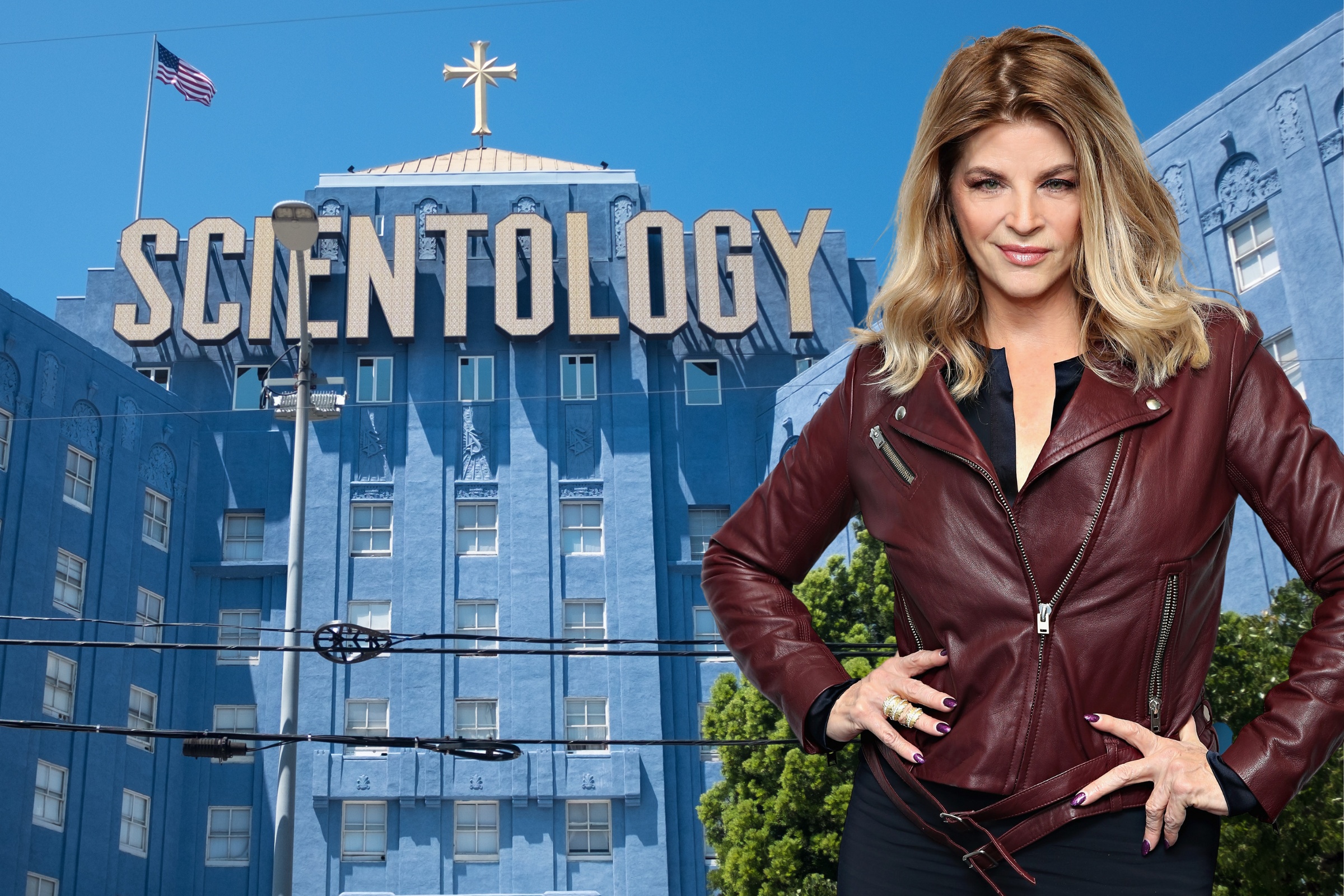Understanding Church of Scientology: Origins, Beliefs, and Practices Introduced
Understanding Church of Scientology: Origins, Beliefs, and Practices Introduced
Blog Article
Revealing the Beliefs and Practices of Church of Scientology
As a commonly debatable and interesting subject, the Church of Scientology has actually long mixed inquisitiveness and dispute. Central to Scientology is the principle of auditing, a form of spiritual counseling aimed at achieving a state of clarity and self-realization.
Founder and Core Beliefs
Established in the mid-20th century by L. Ron Hubbard, the Church of Scientology is based upon the core beliefs focused around the concept of spiritual knowledge and self-improvement. Hubbard, a prolific writer and philosopher, developed Scientology as a religious beliefs in 1954, highlighting the concept that people are immortal souls who have neglected their true nature. Central to Scientology is the belief in the immortal soul, or the "thetan," which is truth self that transcends the physical body.
Hubbard created a collection of teachings and techniques targeted at helping individuals accomplish spiritual understanding and get over previous traumas with a procedure called auditing. Auditing entails an one-on-one session with a trained auditor who guides the individual with a collection of concerns and exercises developed to reveal and address negative experiences or feelings. Through bookkeeping, followers of Scientology look for to achieve a state of "clear," where they are devoid of the unfavorable effects of past injuries and can run at their complete capacity.
Bookkeeping and Spiritual Practices

Apart from bookkeeping, the Church of Scientology also stresses various spiritual practices to improve personal development and self-awareness. These methods include examining the trainings of Scientology founder L. Ron Hubbard, joining community occasions, and participating in ethical actions. Fans are urged to apply these spiritual practices in their lives to attain spiritual enlightenment and personal gratification. In general, auditing and spiritual practices serve as fundamental devices in the trip towards spiritual knowledge within the Church of Scientology.
Sea Org and Business Structure
The Church of Scientology's functional performance and hierarchical structure are exemplified via the Sea Org and its business structure. The Sea Organization, generally called Sea Org, is a religious order within Scientology that plays an essential duty in supervising the everyday operations of the church. Participants of the Sea Org commit to life time of service, signing a billion-year agreement signifying their dedication to the church's mission.
The business framework of the Sea Org is very central, with a rigorous hierarchy that guarantees clear lines of authority and accountability. On top of the structure is the Commodore's Messenger Organization (CMO), which serves as the liaison between the Sea Org and the Church's management. Listed below the CMO are numerous departments and systems liable for different elements of the church's operations, such as management, communication, and security.

Criticisms and conflicts
In the middle of the prevalent influence and procedures of the Church of Scientology, numerous debates and objections have emerged, sparking discussions and scrutiny from various quarters. One major factor of contention rotates around the Church's methods of separating participants from those that question the organization or criticize, including household and good friends - Scientology. Movie critics argue that this plan can bring about seclusion and the malfunction of relationships outside the Church
An additional controversial issue is the Church's hostile litigation strategies versus previous members, reporters, and others who speak up versus Scientology. These lawful fights have actually elevated issues regarding freedom of expression and using litigation as a device to silence dissent.

Celeb Participation and Impact
One element that has dramatically added to the general public photo and reach of the Church of Scientology is the participation and impact of celebs in its techniques and promo. Given that its inception, the Church of Scientology has actively looked for the assistance of noticeable figures in the entertainment sector. Top-level celebs such as Tom check my reference Cruise Ship, John Travolta, and Kirstie Alley have publicly backed Scientology, accentuating the religious beliefs and attracting new followers.
Celeb involvement in Scientology goes past simple endorsement; some celebs hold significant settings within the Church. Tom Cruise, one of the most famous Scientologists, is taken into consideration a famous number within the company and has been included in advertising Scientology globally. These celeb endorsements and energetic participation in spreading the ideas of Scientology have aided increase the visibility and approval of the religion, particularly among fans and followers of these stars
However, the impact of celebs in Scientology has likewise been a subject of conflict, with critics saying that their involvement boosts the understanding of Scientology as a celebrity-driven cult as opposed to a reputable spiritual company.
Final Thought
In final thought, the Church of Scientology, established by L. Ron Hubbard, is based on the principles of bookkeeping and spiritual techniques. The beliefs and methods of the Church of Scientology continue to be a subject of argument and examination within society.
Started in the mid-20th century by L. Ron Hubbard, the Church of Scientology is based on the core ideas navigate to these guys centered around the principle of spiritual enlightenment and self-improvement.Auditing and spiritual practices in the Church of Scientology play a crucial duty in assisting followers towards spiritual awareness and individual growth.Apart from auditing, the Church of Scientology additionally highlights various spiritual methods to improve individual growth and self-awareness. On the whole, auditing and spiritual techniques offer as basic tools in the trip in the direction of spiritual enlightenment within the Church of Scientology.
In final thought, the Church of Scientology, founded by L. Ron Hubbard, is based on the principles of bookkeeping and spiritual practices.
Report this page